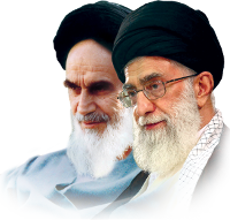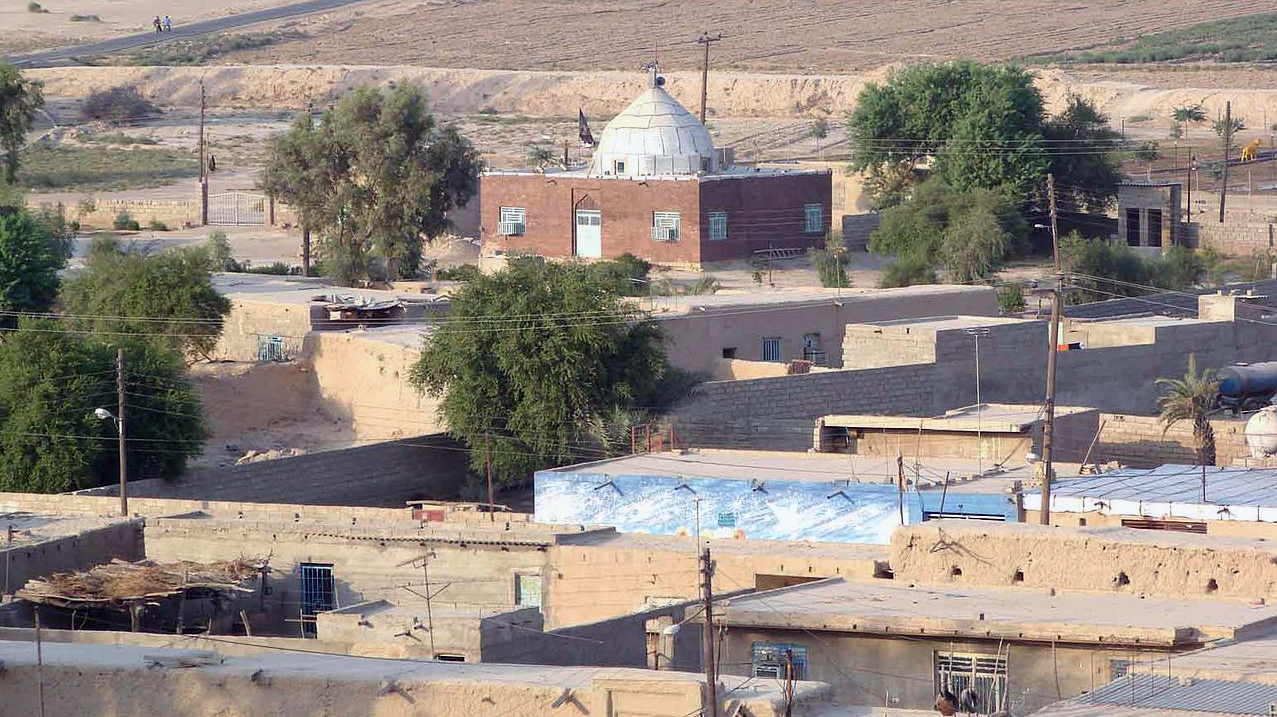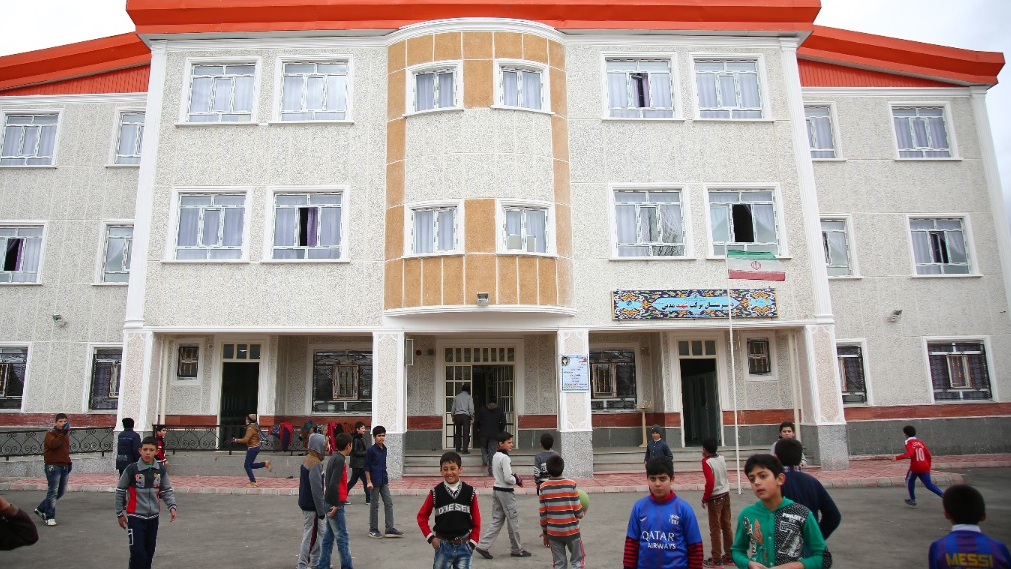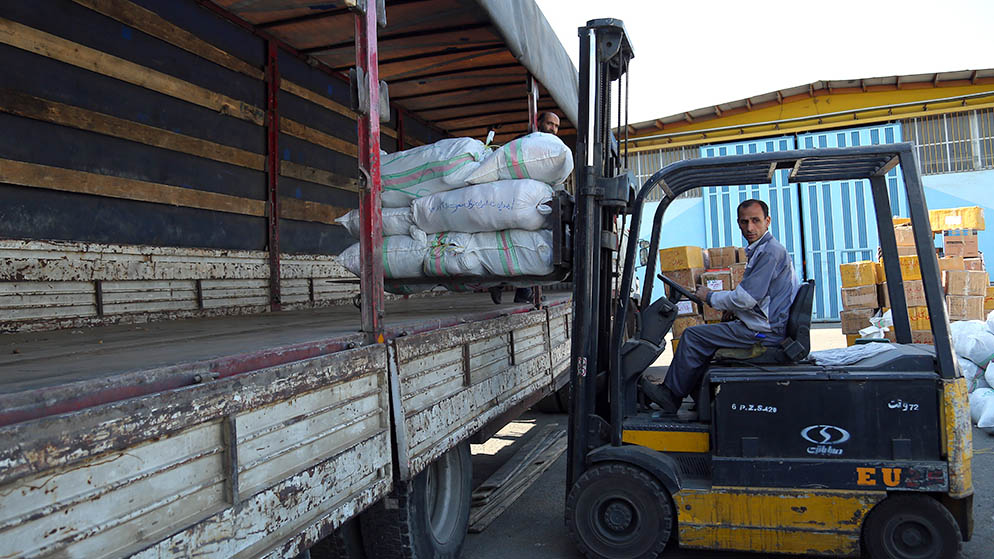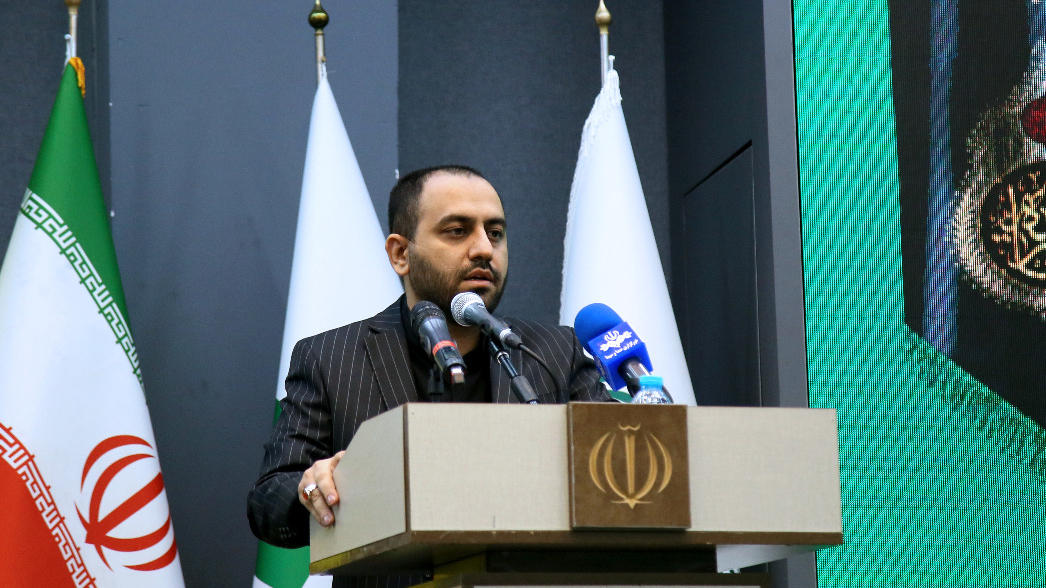
Mohammad Torkamaneh announcing the news, added, “From the 203,000 Barakat Foundation social-based job creation plans implemented in the deprived districts of the cities and villages all over Iran, 42% are allocated to the job creating ladies, which equals 85,000 plans.”
“Barakat Foundation has classified the women who are family guardians, as a vulnerable social class, and given them priority in our job creation plans,” emphasized Torkamaneh.
The managing director of Barakat Foundation elaborating on job creation activities of that foundation, said, “So far 203,000 social-based employment plans have been implemented in deprived city districts and villages all over Iran, which have provided business, service rendering, and production opportunities for 610,000 Iranian citizens directly, or indirectly.
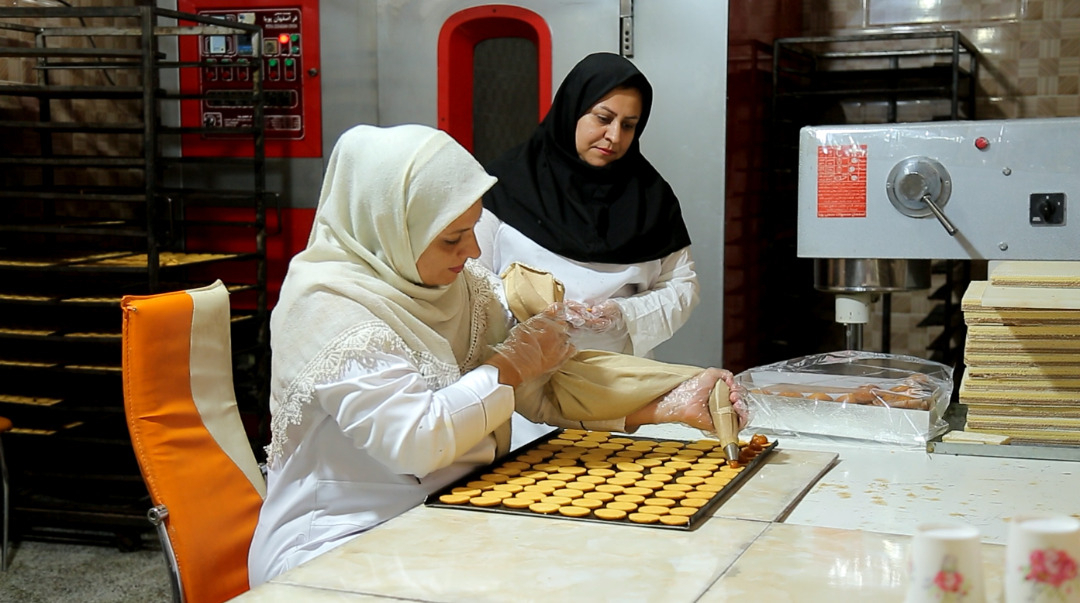
According to Torkamaneh, the volume of required investments for launching 203,000 employment plans is around 23,000 billion rials.
Speaking in a ceremony to sign a 400,000 billion rial job creating memorandum of understanding (MOU) between the Barakat Foundation and the acting banks, he added, “The 1,000 facilitator network of the Barakat executive officers and facilitators has been shaped to establish sustainable employments in the country’s 307 townships and 11,000 villages all over Iran, where they are dynamically working.”
The managing director of Barakat Foundation further reiterated, “The Barakat Facilitators Network, with its 30,000-strong staffs, comprised of local officials in each region, including the Friday prayer imams, the village governors, the district governors, and the governor generals of townships, are in constant contact and constructive interactions, so that sustainable employment in deprived district of the townships and cities, and the villages all over Iran will gain appropriate momentum and fast velocity.
“The facilitators of Barakat Foundation after attending each of the districts, collecting the required data, and monitoring the aboriginal societies’ capabilities and potentials, identify the job applicants and after training them and testing their competence, introduce those who are fit for receiving facilities to the acting banks,” explained Torkamaneh.
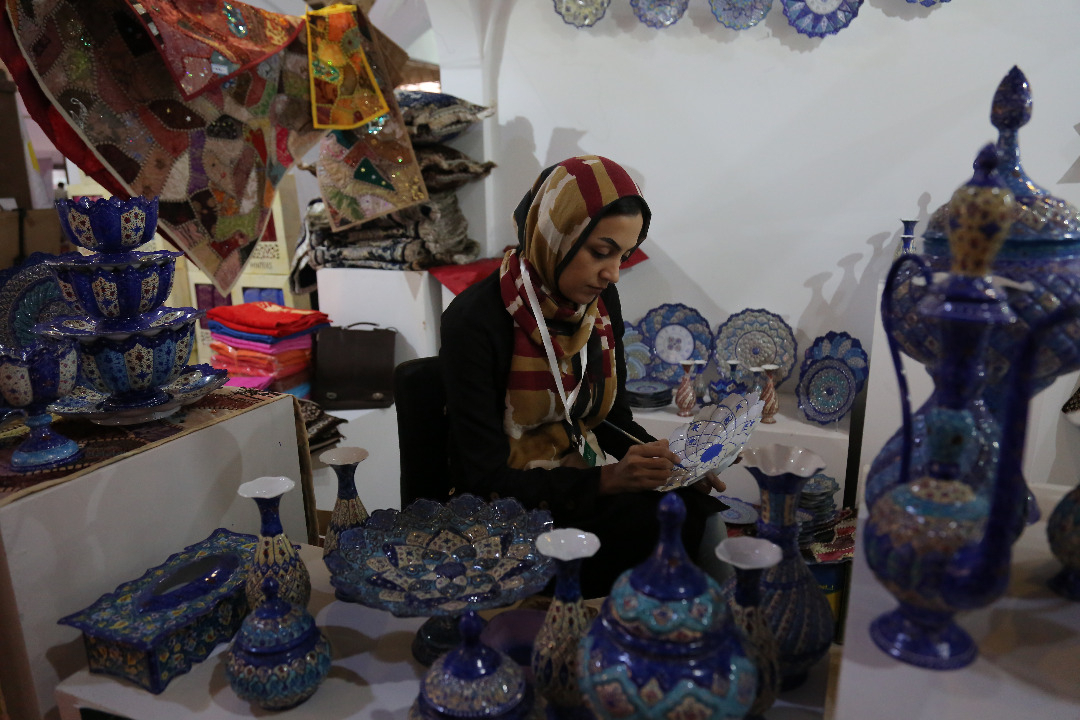
He emphasized that the facilitators’ objective is ensuring about the sustainability of the new employees, making them strong workers, and remaining by the side of the job creators for three years to support them.
The managing director of Barakat Foundation also informed about the shape-taking of the Comprehensive Atlas of Deprivation, pursued at the levels of the small and very small, medium sized, and large plans.
Torkamaneh, meanwhile, referred to launching 170 different types of occupation in deprived districts, announcing that in each region appropriate jobs with the capacities, capabilities and potentials of that district are established.
He reiterated, “The deprived and border regions, including Sistan-Baluchestan and Khuzestan have priority in employment plans.





